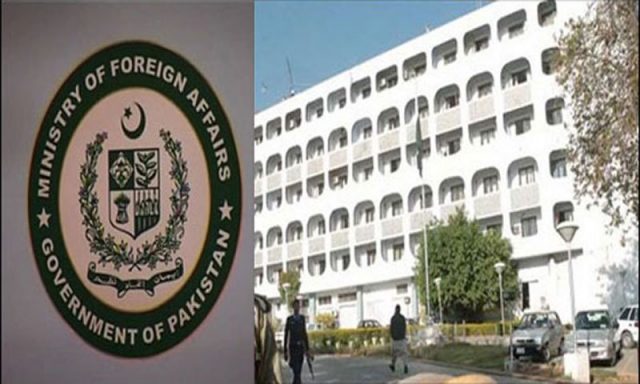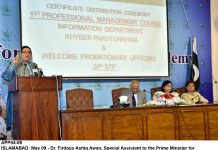
He said, “however, the most important issue in the online education was maintaining the quality of the instructions, as it was a totally new ballgame and required different tools and skills than the conventional education.” He added and said in order to provide quality online education a university should have technical infrastructure including LMS, willingness of the faculty and students to opt for online education, availability of internet, computers or at least smartphones at both the ends i.e. the faculty and students, training of the faculty and students in giving and receiving online education, development of course materials in accordance with the needs of online education etc.
We are fortune that SMIU had already invested in the technical infrastructure and had a state of the art LMS already available, Dr. Shaikh said. Regarding willingness of faculty and students for online education, a survey was conducted where 100% faculty and 97% students expressed their willingness to go for online education. Being based in Karachi, our students and faculty had not a big issue regarding availability of Internet. However, some students showed financial difficulties in buying internet facility. The University took several steps to cope up the issues of the students, in genuine cases where students did not afford to purchase online data, university provided them the cost of their internet data package. In case students had no laptop/ computer or even smartphone, university provided them Rs. 20,000/- as loan for purchasing a device. For faculty members it was 50,000/-
Dr. Shaikh said apart from this faculty was given three weeks training. Training of students were conducted through videos and tutorials produced by students. Entire library was digitalized with entire set of textbooks scanned and made available. A new system of examination and evaluation was introduced after approval from the statutory bodies. He added in order to maintain high quality in delivery of online education, a stringent quality monitoring mechanism through Quality Enhancement Cell (QEC) was developed and introduced. And finally, a helpline was established to handle students’ grievances, issues and complaints, coordinating with different departments. It maintains a logbook of such issues / complaints to keep track record. Despite of all these inclusive measures, if some students would still be unable to join online classes, they may be allowed to resume their studies at later stage with corresponding batches.
While talking about the future plans Dr. Shaikh said as SMIU was able to overcome the teething issues associated with the online education, we are contemplating to start a full-fledged long distance degree programs in select disciplines, in addition to in-person classes. This will provide a great opportunity to a vast majority of people in far flung cities to pursue quality education at SMIU with only occasional physical presence.
Dr. Shaikh highlighted the developmental schemes of the varsity campuses, SMIU has at present working on development of three campuses in various parts of Karachi. The City campus, where the maximum capacity was two thousand students, with addition of two new academic blocks on the plot retrieved from encroachers, the capacity would rise to about four to five thousands by 20th August this year. Malir Campus, where HEC sponsored development scheme on 100 acres of land is being developed, would start working by end next year. When fully developed, the campus would cater for about 17 to 18 thousand students and the Hawks Bay Campus, for which the government has allotted a plot of ten acres, development scheme for establishment of an institute of information and communication studies is in the offing. When all three campuses would be fully developed, SMIU will have a strength of 25000+ students, he added.











